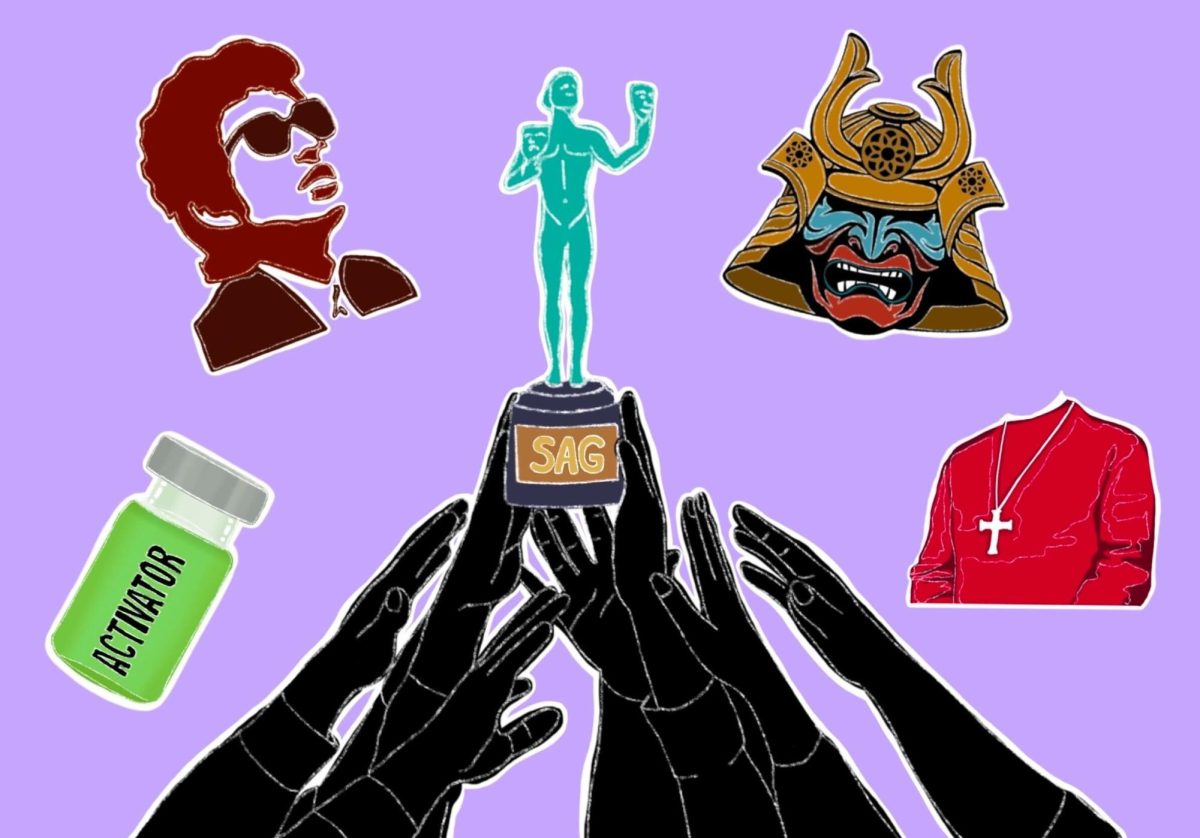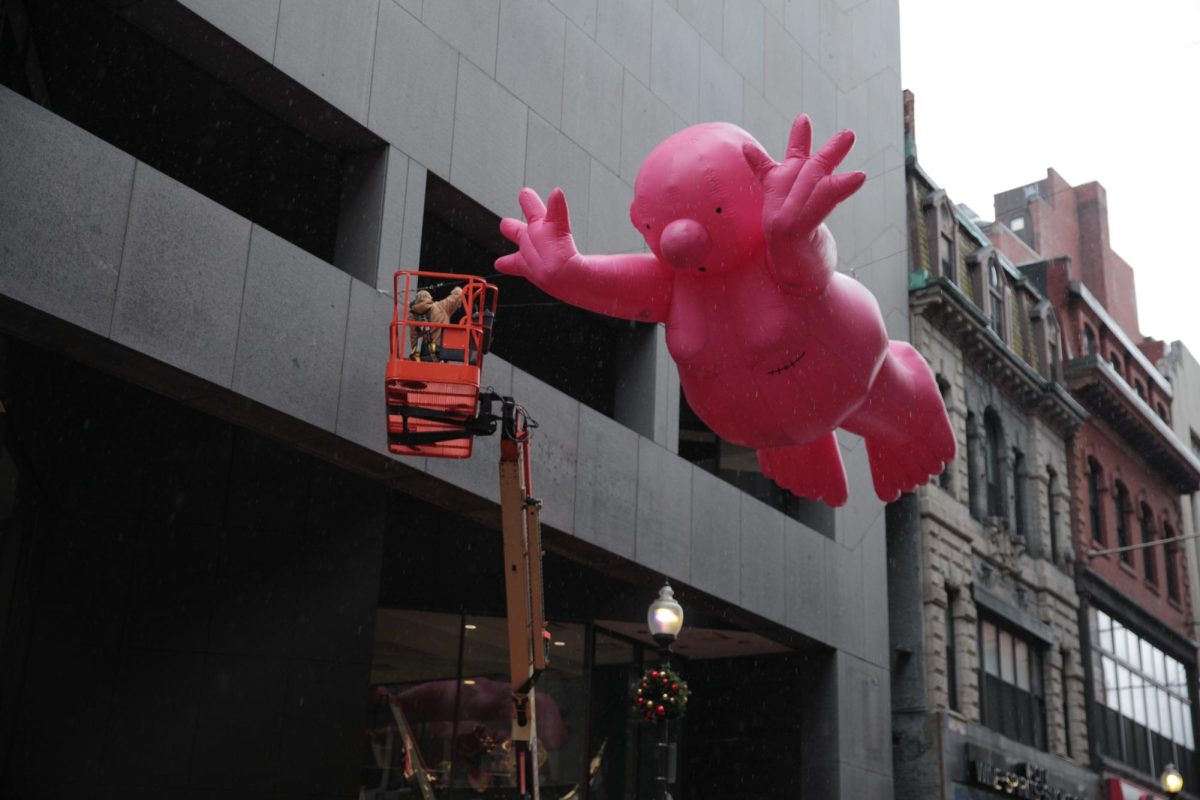By Gianna Barberia, news staff
Jessica Williams started joking the second she entered the stage in Blackman Auditorium on Tuesday. The comedian paired a “If you see da police, warn a brother” shirt with checkered, black-and-white Vans, which foreshadowed her content focused mainly around intersectionality.
While studying at California State University, Long Beach and performing with Los Angeles’ Upright Citizens Brigade, the now 27-year-old writer and comedian landed a correspondent job at “The Daily Show with Jon Stewart.” As a result, she became the youngest ever correspondent for the show. Williams and fellow comedian Phoebe Robinson host a comedy podcast called “2 Dope Queens,” and she can be seen starring in “The Incredible Jessica James,” which premiered at Sundance 2017.
“I’m a black person. That’s a minority. And I’m also a woman. There’s another minority,” Williams said. “I feel like those two things combined make you intersectional. You feel oppressed in both ways.”
Williams’ visit to Northeastern was part of the Council for University Programs’ (CUP) Springfest Week, a week of events leading up to the highly anticipated Springfest concert on Saturday. This year’s concert features Ke$ha and the Creepies, Rae Sremmurd and Atlas Genius. Williams’ stand-up comedy show was the second event of the week, after visits to Escape the Room on Monday.
“I really like what she’s working on right now, and we’re committed to bringing female comedians on campus,” said Emily Azcue, a third-year biochemistry major, CUP showcase chair, and self-proclaimed “huge Jessica Williams fan.”
Williams told the audience humorous stories about her hellish train ride to Boston from her home in New York and her favorite video game, the Sims, but also tied each story back to the causes she found important: Intersectional feminism and racial equality.
Williams told a story about discussing intersectionality with actresses Shirley MacLaine and Salma Hayek at the 2017 Sundance Film Festival. Williams said that when she brought up the idea of intersectionality to the pair, they said that she needed to change her thinking of victimization.
“Sometimes I feel like if you’re a queer person or a person of color and you voice a concern, the word ‘victim’ is thrown around and it completely undercuts a genuine, valid complaint,” Williams said. “I am 27 years old, and I am explaining to women over 50 what I’m talking about.”
Williams said that after the election of President Donald J. Trump she feels new emotions every day, be it sadness, anger or indifference. She now sees a therapist weekly to discuss these emotions.
“This country was built explicitly on the idea of black versus white,” Williams said. “The civil rights movement just happened. We are still suffering the ramifications of that in our country.”
Although Williams is one of the few black women in late night comedy, she said she grew up only having white heroes. She said she remembers watching Barbie commercials where the white Barbie was front and center, while the Barbie that looked like her was hidden in the back. However, she did not let this disrupt her, citing her mother as a constant source of inspiration.
She retold a story from middle school in which her mother found out at a parent-teacher conference that Williams had received all C’s. She was not handing in any of her homework assignments, which Williams attributed to her avid Sims playing. When her mother got upset with her about her grades, Williams said that C’s are average and that average is okay.
“She said, ‘You listen to me. You can never be average because you come from me and you look like me and have my skin color. You are never allowed to slack,’” Williams said. “‘There are people that don’t look like you who will get more than what you have for doing mediocre work. So don’t you ever, ever walk up in my house again talking to me about being average.’”
Believing that the best comedy comes from those who are marginalized, Williams said she found her comedy niche in discussing minorities and members of the LGBTQA+ community. She showed the audience a clip from “The Daily Show with Jon Stewart,” in which she satirized the stop-and-frisk program in New York. She praised satire for taking the truth in a controversial situation and showing the comedy and hypocrisy in it.
“Truth is what resonates with people,” Williams said. “Truth prevails.”
Because of her lack of role models of color, she encouraged minorities and other marginalized groups to create art and to share it with the world.
“I want to see things from queer women. I want to see things from Muslim women. I want to see things from trans women,” Williams said. “If I see one more movie about a straight white dude being straight and white, I’m going to lose my mind.”









